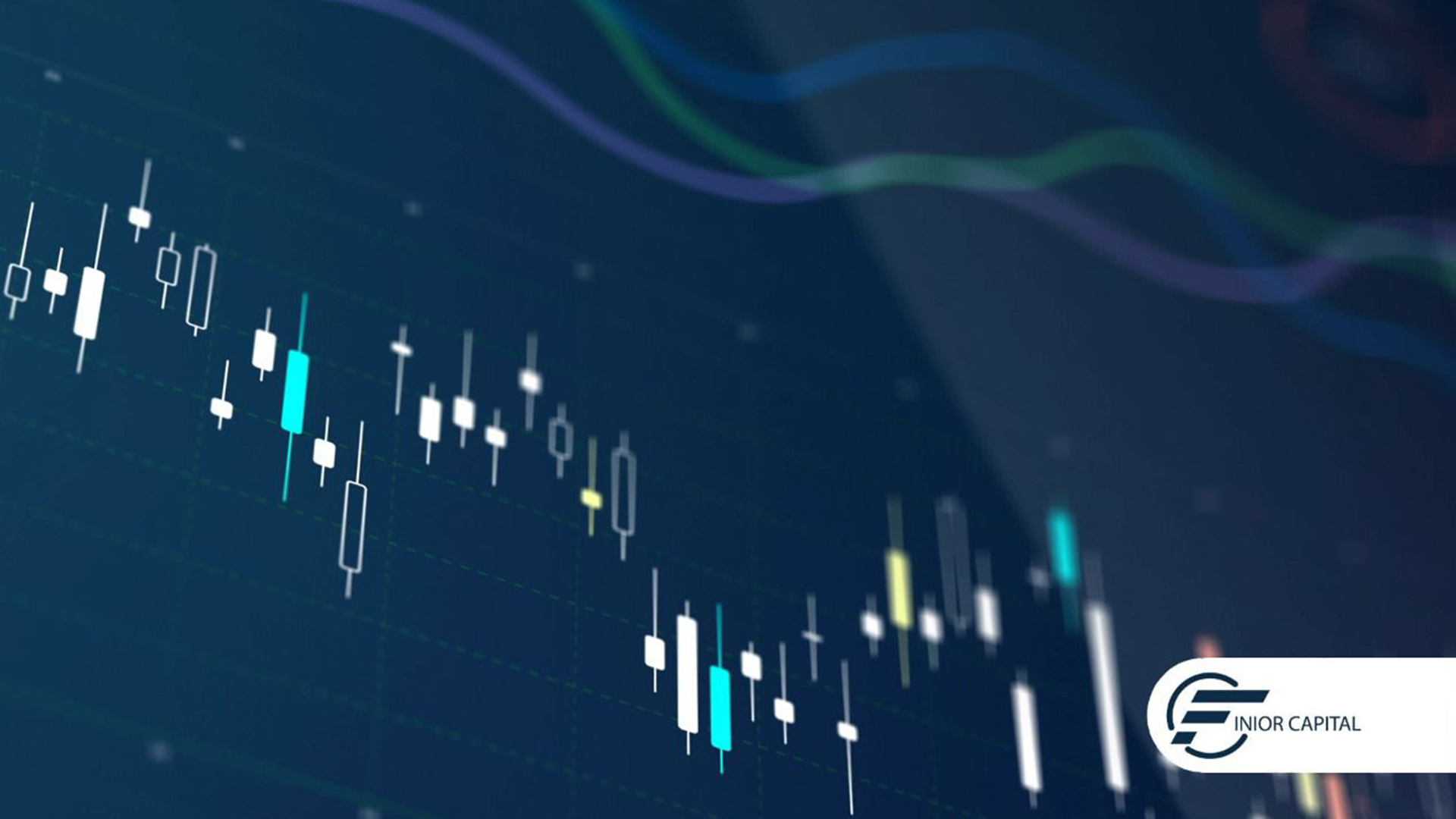
Forex
In September, the Euro and the Japanese Yen continued underperforming against other major
currencies. U.S. stock indices have gone through a minor correction in the last week despite the
overall bullish trend in the previous month.
For EUR/USD, it has been the pair's second lowest month of the year, with an average loss of -1.06%.
ECB President Lagarde has stated that the Central Bank would maintain raising interest rates to control inflation, even if the tighter policy had the unintended consequence of poorer GDP.
Regarding seasonality, September is a mixed bag for GBP/USD. The pair had been under a
bearish trend during the first three weeks and hit the all-time low at 1.1619. However, British
Pound has made a remarkable recovery in the last week, managing to tie the average loss
within -0.03%.
Oppositely, USD/JPY has had the strongest month of the year over the last five years, with an average gain of +1.43%. Besides, U.S. Dollar has recorded a +1.36% average gain against Swiss Frank.
The Federal Reserve System's Board of Governors unanimously agreed to boost the interest rate paid on reserve accounts to 3.15 percent, beginning September 22, 2022.
Commodities
Global commodity markets are still in turmoil due to ongoing Russia-Ukraine conflict. And the
world's supply chains are still struggling with China's on-again, off-again zero-COVID approach.
Among Metals, gold suffered the worst month of the year for the precious metal, with average -
2.89% loss. Over the last decade, it has been the second poorest month of the year, with an
average loss of -2.18%.
Since August 2022, Russian oil shipments have increased by 220 kb/d to 7.6 mb/d, a 390 kb/d
decline from pre-war levels. Estimated export sales decreased by $1.2 billion to $17.7 billion.
Russian crude oil supply into the EU/UK has been reduced by 880 kb/d to 1.7 mb/d, while
imports of U.S. crude oil have increased by 400 kb/d to 1.6 mb/d Since January. Guyana, Saudi
Arabia, Iraq, and Norway are increasing their shipments to the E.U.
Early in September, Brent crude oil futures fell below $90 per barrel, the lowest level since
January, and more than $34 per barrel below a peak in June. It is the most significant decline in
oil price in 90-days compared to the bearish trend from March-April 2020.
The market meltdowns in 2014–15 and 2008–09 were the only ones to surpass it before 2020.
However, as evidenced by the current pricing, the diesel and jet fuel markets remain incredibly
competitive.
The supply, consumption, exports, and ending stock forecasts for wheat are all higher this
month. As output rises in Russia and Ukraine, a fall in starting stockpiles is more than
compensated, bringing supplies up to 1,059.6 million tons.
Based on harvest data for winter wheat to date, which the Russian Ministry of Agriculture
announced, production in Russia is predicted to increase by 3.0 million tons to 91.0 million.
Russia's harvesting area, yield, and production would set new records if realized.
Given that the harvest is almost finished and greater outcomes were reported in the forest and
forest-steppe zones by government data, the production prediction for Ukraine has been
boosted from 1.0 million tons to 20.5 million.
Indices
The S&P 500 struck a new low in September as stocks began their 2022 decline amid worries
that a recession won't prevent the Federal Reserve from boosting interest rates. The S&P 500
dropped 3.6% to 3583.25 last Friday, its lowest intraday level since 2020.
Meantime, the Dow Jones Industrial Average dropped to 29,225.61, recording a 1.54%, or
458.13 points decline. The tech-focused Nasdaq Composite dropped to 10,737.51 by 2.84%.
The yield on the ten-year U.S. Treasury note increased to over 3.7%. It had momentarily
surpassed 4% the day before but then saw its most significant one-day decline since 2020.
Following the Bank of England's announcement that it would buy bonds, the FTSE index
recovered severely from its session losses to close higher on Wednesday. In contrast, the mid-
cap index completely reversed its brutal 3% decline.
Economic Events
The primary refinancing interest rate set by the ECB had increased by 75 basis points on
September 8. This significant move accelerated the shift away from the exceptionally
accommodating policy rate levels and towards levels likely to return inflation to the ECB's
medium-term target of 2%.
The Monetary Policy Committee of BoE stated on September 22 that it has increased interest
rates for the seventh consecutive meeting. Rates were raised to 2.25% by a 0.5 percentage
point rise. The MPC is raising interest rates in reaction to rising inflation.
At its meeting on September 20–21, 2022, the Federal Open Market Committee (FOMC)
increased the federal funds rate by 75 bp or 0.75 percentage points. 3.00% to 3.25% is the new
target range.
